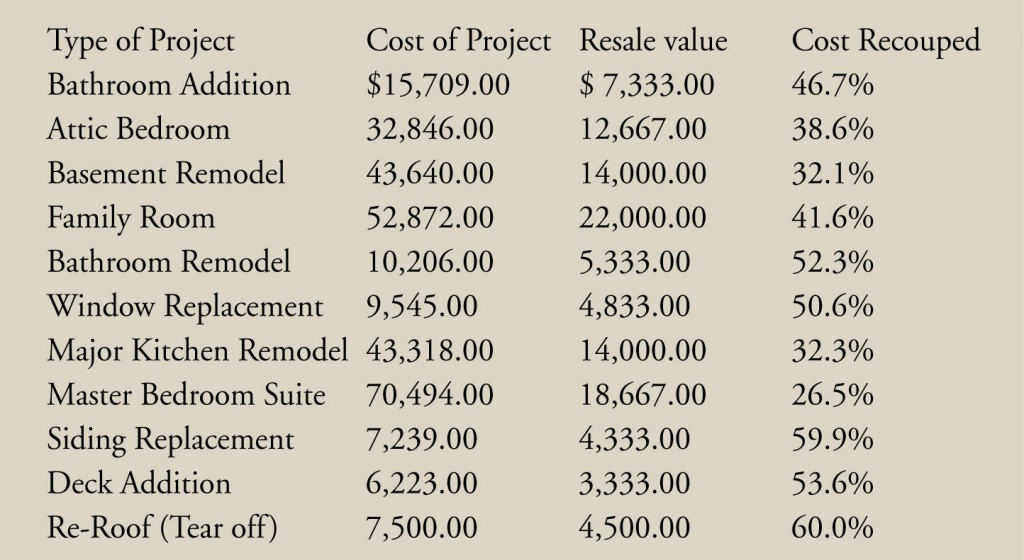Right after the holidays many consumers will be thinking of that remodeling project that they want.
Whether it is roofing, siding, windows, that new kitchen or an addition it will be a costly investment and you should protect yourself before signing a contract.
New York State regulates the sale of home improvement goods and services and applies to most types of improvements costing more than $500 purchased by homeowners.
The law requires contractors to give you a contract that includes many provisions. The main ones are summarized below:
1. The name, address and phone number of the contractor must be on the contract. (Do not accept a P.O. Box number as the contractor’s address)
2. The exact amount of the project including progress payments.
3. A start and completion date, including any contingencies which would change the completion date such as bad weather. You may also want to have included a penalty clause for running over the completion date. A $100 per day deduction off the contract price is common for every day that the project runs over the completion date.
4. A clause that reads that “any progress payments received by a contractor from a customer can only be made if they bear a reasonable relationship to the work actually done, materials purchased or related costs.
5. Any payments received by a contractor from a customer prior to substantial completion of the job must be place into a escrow account in a bank located in New York State within five business days and the customer must be informed where the money is held within ten business days.
The contractor can only withdraw the deposit only in the following circumstances:
under the terms of the payment schedule agreed on by the contractor and the customers;
upon substantial completion of the job; or if the customer violates the contract, but only to the extent that the amount covers the contractor’s reasonable costs.
6. A complete specification description of the work and materials, including brand names, model numbers and other identifying information.
7. A consumer notice that reads as follows:
The customer has an unconditional right to cancel the contract until midnight of the third business day after the contract was signed.
Cancellation must be done in writing! If the contractor or subcontractor who does the work is not paid, he or she may have a claim against the customer’s property under the Lien Law.
8. Warranties and guarantees should be stated in the contract. Be sure to understand if the warranty or guarantee covers both the materials and labor and if they are prorated and transferable. For example a new roof job may warrant the materials for 25 years but the contractor may only warrant his labor for one year.
There are penalties against contractors and consumers may sue for actual damages, plus a $500 penalty and reasonable attorney’s fees if the contractor has used fraudulent written statements to get the contractor to sign the contract. The Attorney General is also authorized to go to court to stop illegal practices and order contractors to compensate defrauded customers.
Contractors can also face civil fines for violating the provisions of the law, especially with the protection of the customer’s payments.
TIPS FOR CONSUMERS:
Determine exactly what work you want done before you decide to get estimates.
Get three estimates from contractor companies that are similar in size. Be sure to check for verification of Liability and Workmen’s compensation insurance.
Check the contractor’s reputation with the Better Contractors Bureau, banks and suppliers.
Make sure when you decide on your final contractor to do the job that you are signing a contract that meets all the requirements of Article 36A of the NYS Business Law.
Do not pay a large deposit in advance of the start of the project unless it is for a specific reason such as special order cabinets or windows, etc. Instead negotiate a payment schedule tied to the completion of specific stages of the job.
Don’t pay the final payment unless you are satisfied and the job has been completed as per the contract specifications.
